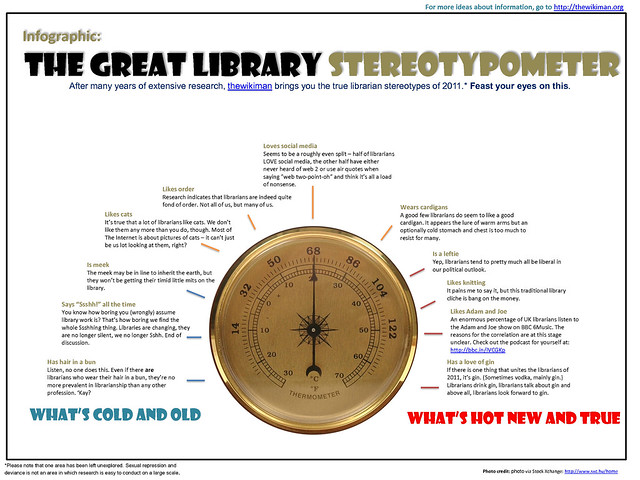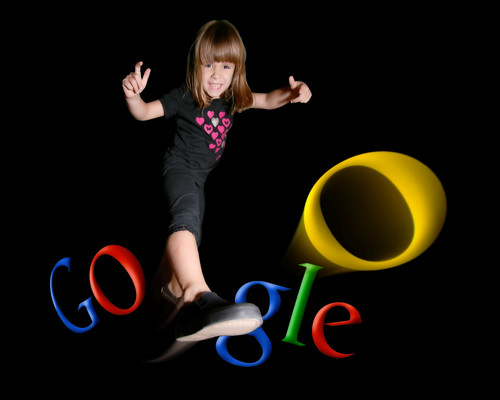 I think we can all accept that people have become very important in librarianship. It is the people who make the difference between the library and the internet, the people who add the value which makes libraries more than a warehouse full of books, it is the people who teach and educate and train users, it is the people whose visions inform the new directions libraries are taking.
I think we can all accept that people have become very important in librarianship. It is the people who make the difference between the library and the internet, the people who add the value which makes libraries more than a warehouse full of books, it is the people who teach and educate and train users, it is the people whose visions inform the new directions libraries are taking.
At SLA2011, a lot of people said “There are loads of presentations, across loads of chapters and divisions – but it’s the people who that you really want to focus on. The value lies with the individuals.” The tweets emerging from ALA11 seemed to indicate the same things - @JustinLibrarian saying “What I learned at #ala11: sure, exhibits and panels are great, but the true power of the organization is in people” for example.
I think that while we can accept this as true, it doesn’t seem to have penetrated the deeper professional psyche as to what libraries are, and what they are for. When there are grants or external funding, they seldom get spent on people. When there are marketing campaigns, they rarely feature the people. (Library marketing books often talk about The Four Ps of marketing. Guess what - none of them are People.) When there are cuts, it’s often the people who go first. It’s still the resources which are king in libraryland, and I’m not sure this will work as well in future.
At his spotlight session during SLA2011, Stephen Abram said the key thing about all the new tech changing the way we all work is not the technology itself, but about representing our role (as information professionals) within that technology. Which is to say, we’re the people who can make it work for our patrons and customers. We need to remind people more explicitly that the value lies with us - each particular 'us' that works at each specific library. Stephen later pointed out to me that automated process are increasingly common, so eventually we could keep libraries open but get rid of almost all staff - but they will find it a lot harder to do that to us if we can successfully emphasise more clearly the role of the individuals. We know that our value lies in our expertise, but does our approach to marketing, funding, finances etc really reflect that? We're still promoting books and databases most of the time.
So if we position ourselves as experts in new trends and technologies per se (rather than just, for example, a guru in a certain area such as micro-blogging) then when the technology goes mainstream, people will know to come to us for help and further information. It’s not about saying “Hey the library is an expert in FourSquare!” – it’s about saying “The librarians know about new trends and technologies, come to us and we’ll guide you through it!” and then when FourSquare (or any other geolocational social media app, or anything else) goes mainstream, our patrons and customers already have as in mind as potential experts. Like so much of what I write about on here, it’s about positioning ourselves successfully within the wider global narrative.
A more personality driven approach to promoting librarians, as opposed to just libraries, is needed.
- thewikiman




 I think we can all accept that people have become very important in librarianship. It is the people who make the difference between the library and the internet, the people who add the value which makes libraries more than a warehouse full of books, it is the people who teach and educate and train users, it is the people whose visions inform the new directions libraries are taking.
I think we can all accept that people have become very important in librarianship. It is the people who make the difference between the library and the internet, the people who add the value which makes libraries more than a warehouse full of books, it is the people who teach and educate and train users, it is the people whose visions inform the new directions libraries are taking.